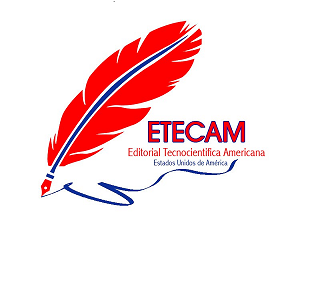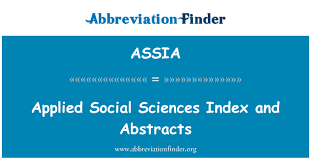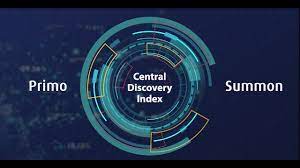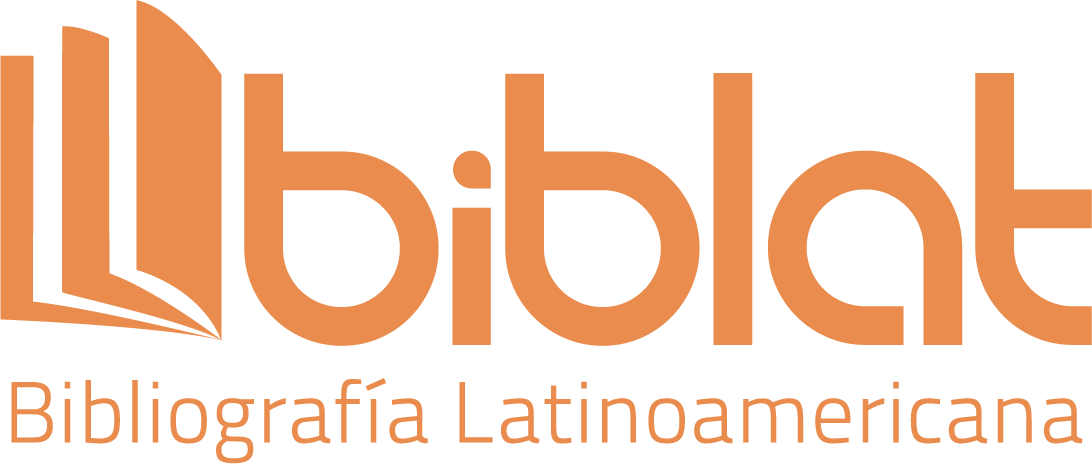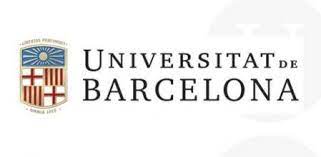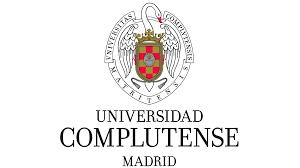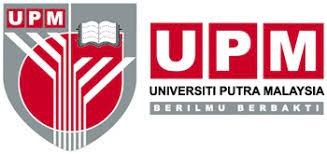Artificial intelligence at the pre-school and high school level
DOI:
https://doi.org/10.51736/sa.v7iEspecial%204.306Keywords:
artificial intelligence, learning, studentsAbstract
This study analyzes the application of Artificial Intelligence (AI) in kindergarten and high school education at the Alfonso Ricardo Troya Educational Unit with a sample of 125 children and 27 teachers and one director. The objective is to identify its benefits and challenges, as well as to determine the importance of providing adequate training to teachers to maximize their potential. To this end, an exhaustive literature review of academic articles and reports from international organizations was carried out. It was concluded that, although AI can improve student learning and performance, it can present challenges for teachers in terms of adapting to new technologies and teaching methods. Therefore, educational institutions must provide adequate resources and training to maximize its benefits. In any case, AI can be especially useful in personalizing learning and adapting to the individual needs of each student, which is especially beneficial in online learning environments. However, it is important to address ethical and privacy issues related to its use in higher education. In addition, student data collected through AI must be used responsibly and protected appropriately. To conclude, AI has been a valuable tool in education from the earliest ages, but responsible implementation and proper training are required to harness its potential effectively.
Downloads
References
Flores-Vivar, J. M., & García-Peñalvo, F. J. (2023). Reflexiones sobre la ética, potencialidades y retos de la Inteligencia Artificial en el marco de la Educación de Calidad (ODS4).
Cornejo, C. O., & Willatt, C. (2023). Uso de Inteligencia Artificial Generativa para retroalimentar escritura académica en procesos de Formación Inicial Docente. European journal of education and psychology, 16(2), 5.
Tafur, A. T. V., & Molina, R. E. F. (2023). Incidencia de la Inteligencia Artificial en la educación. Educatio Siglo XXI, 41(3), 235-264.
Albuja, B. y Guadalupe, J. (2022). Áreas de estudio y aplicación de inteligencia artificial en las universidades mejor puntuadas del Ecuador. Revista Científica Y Tecnológica UPSE, 9(2), 58-74. https://doi.org/10.26423/rctu.v9i2.705
Guaña-Moya, J. y Chipuxi-Fajardo, L. (2023). Impacto de la inteligencia artificial en la ética y la privacidad de los datos. RECIAMUC, 7(1), 923-930. https://www.reciamuc.com/index.php/RECIAMUC/article/view/1135
Holmes, W., Hui, Z., Miao, F. y Ronghuai, H. (2021). Inteligencia artificial y educación: Guía para las personas a cargo de formular políticas. Unesco Publishing. https://n9.cl/0uv5s
Ronquillo, K., Pérez, L., Veloz, J. y Solís, R. (2023). La inteligencia artificial aplicada en la innovación educativa en el proceso de enseñanza y aprendizaje. LATAM Revista Latinoamericana de Ciencias Sociales y Humanidades, 4(2), 1597-1613. http://latam.redilat.org/index.php/lt/article/view/706
Sánchez-Vera, F. (2022). Tecnologías Educativas Inteligentes. Una Aproximación Crítica. Revista Nuevas Tendencias en Antropología, (13), 44-69. http://www.revistadeantropologia.es/Textos/N13/Tecnologias%20educativas%20inteligente s.pdf
Flores-Vivar, J. M., & García-Peñalvo, F. J. (2023). Reflexiones sobre la ética, potencialidades y retos de la Inteligencia Artificial en el marco de la Educación de Calidad (ODS4).
Rich, E., Knight y Nair, K. (2010). Inteligencia artificial. McGraw-Hill Education. https://github.com/saranshbht/msc-books/tree/master?tab=readme-ov-file
Published
How to Cite
Issue
Section
License
Copyright (c) 2024 Nancy Cristina Mera Ramos, Vilma Lucila Cashabamba Chipantiza, Mónica Alexandra Santamaria Rodríguez, Luis Fernando Ibarra Villafuerte

This work is licensed under a Creative Commons Attribution-NonCommercial-ShareAlike 3.0 Unported License.













